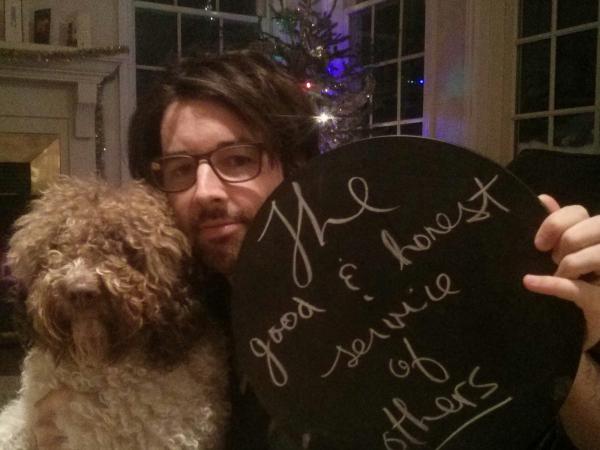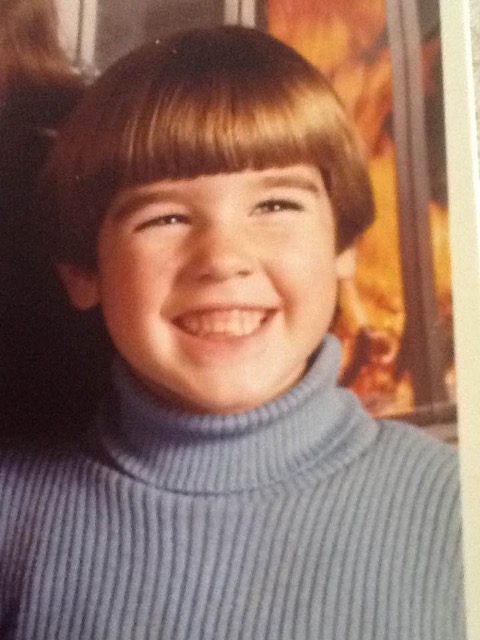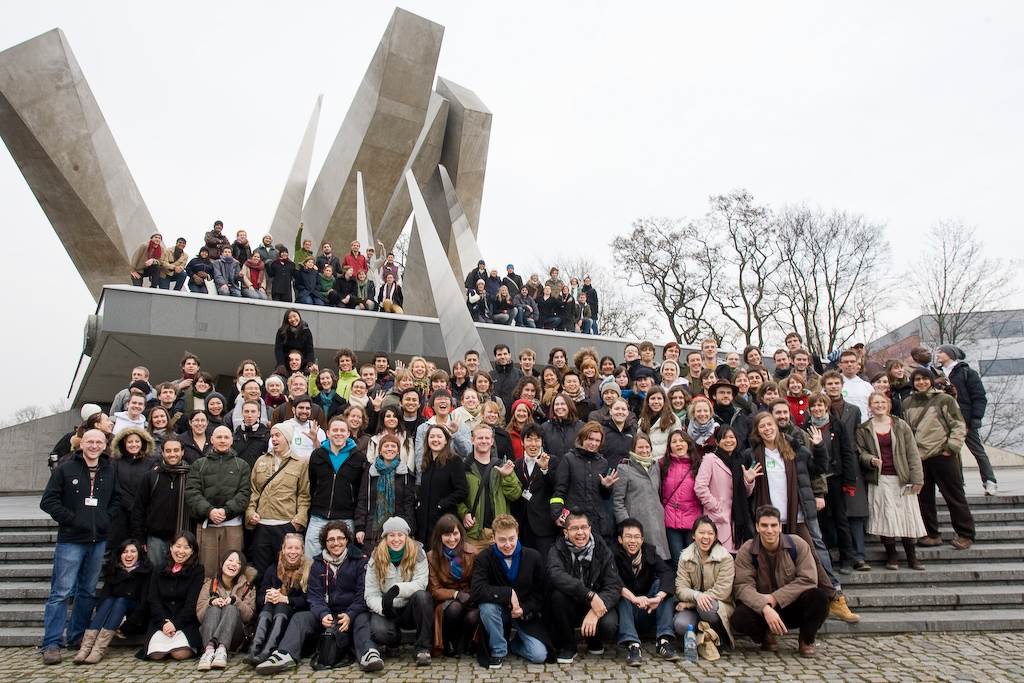
One day David woke up in a hospital bed. His life had suddenly been put on a new path. He was 5 years old and had come out of a car crash without control of the left side of his body. David spent the next six weeks in the hospital re-learning how to use his left side and walk again. Today, you wouldn’t be able to tell that him apart from any other walking man. “That was a moment that changed me and my family forever,” David told me.
I met David in Bali in 2007 at my first UN climate change conference, and he has since become a good friend of mine. I recently had a conversation with him about hope, it quickly turned into a conversation about pivotal life moments..
”We are the product of a bazillion experiences,” David states. Few are memorable, and even fewer are what he calls “moments that shape you forever.” They are turning points. They can be intentional or not, the experience can be good or bad, but they all change your path. One of his most vivid was that unfortunate day when he was five.
The accident that changed David forever

David - 5 years old
Photo: David's mom
“In the course of learning to walk all over again, having had to go through life always with that almost invisible handicap, I’ve had a lot of experiences with hard work, with perseverance and grit that are with me to this day: All good qualities that have their place. Where would I be without those? Would I risk those by trading in the car accident when I was five?” David pondered.
This comes right back to my story of the UN climate change negotiations in Copenhagen in 2009, a story we both share as David was with me during those days. Would I trade in my actions, my involvement? And who it has made me? My good friend Brad has told me that the purpose of your goal is not to achieve it, but to become the type of person who can accomplish that goal. Would I trade in the person I have become from my accomplishment in Copenhagen and from living in the wake of it? If I could make the politicians’ decision different I probably would, as that would benefit so many more people, but if the question was solely if I could choose to change my involvement, I don’t think I would. I am proud of my work and what it has made me.
David has shared a lot of these experiences. He worked for 8 years leading up to Copenhagen: “…really wild years. For the first years of my career, there were some pretty remarkable moments,” he noted, “some positive, some negative, but they were the path[…So if I could keep the eight years before Copenhagen, and if I could eliminate Copenhagen and the struggle afterwards, then yeah, I would change it.” But I think we both know it’s not an option to pick and choose like that, much more often it is an all-or-nothing kind of thing.
Others’ forever moments and the responsibility for making them
We have all had pivotal moments, and we have all been part of other peoples’ moments, sometimes knowingly, but more often without us even knowing.
On that note David shared a story where he unintentionally created a moment that changed a friend of ours forever. Sven Heijble from Sweden partook in the UN climate negotiations in Poznan, Poland in 2008 together with David and me. At the end of the conference David and Sven had breakfast, and David, in a semi-hungover state, bantered on:

The three of us with the rest of the youth
Photo: Robert van Waarden
“A year later, Sven told me that on that grey and snowy morning in Poznan over coffee the conversation had inspired him to not pursue a career in medicine. And he reflected later that it was a massive turning point in his life. It changed the course of his career,” David recollected, and went on, “Sven would probably do lots of good for his patients. That is what doctors choose to do. And he opted for something different: youth empowerment and environmental leadership.”
So should David take responsibility for this? “I wouldn’t say that I take responsibility, but it was one of those moments where I felt like I had been responsible. I didn’t take responsibility for his choices, for ultimately it was his free decision. But I felt responsibility for my actions and realized how consequential my presence had been for his life.”
“[In that way it is] easy for the individual to say that they have been changed forever, but on the larger scale [it’s much harder.]” What is the connection between the individuals’ moments and the global moments? Could we have actively designed our programs to create moments that changed the participants forever? We wanted to make a difference in these peoples’ lives, to make them start taking new actions. I at least think that the activities I designed would have been very different if there was a deliberate goal to change people forever. Could this be a lens for designing actions?
For David this idea “is a red flag, it is almost a danger...because it is impossible to predict or to control how you might change someone forever. There is a responsibility and obligation, an ethical dilemma. If you intend to change people, but you can’t control the change… then you have to take responsibility for their actions and changes.”
To me the question still stands, particularly in advocacy work: Why do we act the way we do, if not to change people forever? We have a specific goal or vision for what the future should be, and we are trying to rally people to this cause.
I went out to talk to school kids leading up to Copenhagen and my goal was to make them more aware of climate politics and to start taking action in daily life, or, in other words, to change their forever. However, I never considered that scope, and when I look at the presentations with this new lens, I am not surprised that my presentation only had little impact, whereas if I had gotten into the presentation with the intention of changing them forever I think the presentations would have been very different. I’m not diminishing the increased responsibility, but isn’t that responsibility present any moment everyday any way when all we do is act?
So would David rewind time to prior to the accident if he could?
“It’s hypothetical; it of course doesn’t matter. Fundamentally it’s like a role of the dice. Would I trade in what I have for some unknown? It boils down to: what is my risk tolerance?“
“In the end, the short answer is no.”
What are the moments in your life that changed you forever? Would you trade them in? Why/why not? Share your thoughts in the comments below.